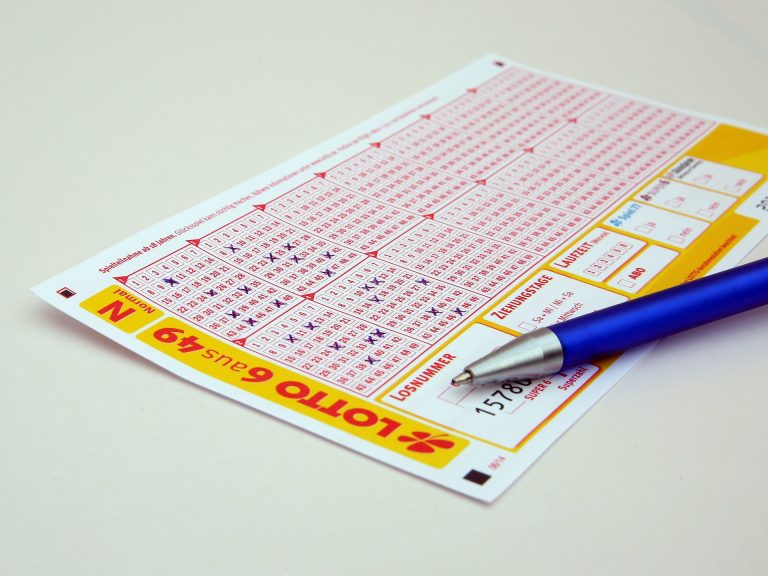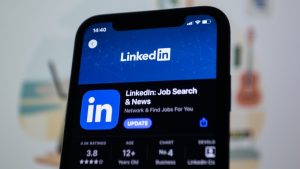Although lottery games like Mega Millions and Powerball seem like national games, there is actually no official national lottery system in the United States. Instead, each state operates their lottery independently. Some geographical regions organize together to offer games to a wider audience to increase the jackpots, such as the Mega Millions and Powerball games which are available in every state that has a lottery. Currently, 45 states, plus D.C., Puerto Rico, and the Virgin Islands, have their own system.
That lotteries make a lot of money is rather well established, but did you know that most of that revenue goes into government budgets? In fact, the amount of revenue from lotteries that have gone to state and local governments in the U.S. has grown significantly in the last 40 years. From $1.69 billion in 1982 to $26.93 billion in 2020.
As one lottery director put it: “Lottery players risk a small amount of money against very long odds to win a large prize, with the net proceeds going to the public good.”
So let’s talk about the history of the lottery and where all that money goes.
Have lotteries always been around?
Lotteries have long been recorded in human history as a way for governments to raise funds. One of the first public lotteries in the West was held by Augustus Caesar in Rome to raise funds for city repairs. In England, the first official lottery was held by Queen Elizabeth I to raise money for expanding its ports and building new ships. Even during the American Revolution, Benjamin Franklin sponsored a lottery to raise funds for cannons and ammunition to defend Philadelphia.
However, due to scandals and religious objections, lotteries were slowly outlawed in the U.S. beginning in the 1800s. They remained illegal until 1964 when New Hampshire held the first drawing for its newly reinstated, and now legal, state lottery.
What is even more interesting about the lottery is that it is the only form of gambling in the U.S. where the government owns a monopoly on the industry. Unlike our recent topic on sports betting that is primarily privately run and contributes to the government through fees and taxes, the government receives money directly from lotteries’ actual revenue.
Roads, bridges and education, oh my!
After years of objection from their state gaming commission that it would be a ‘competing force’ to their casinos, Mississippi passed legislation in 2018 to establish a state lottery. The reason behind Mississippi’s sudden interest in supporting a state lottery, even though voters approved establishing one in 1992, was to partially fund a transportation bill. The bill established that the first $80 million in revenue from the lottery would go to roads and bridges and any excess would be put into their Education Enhancement Fund. For FY2022, the Mississippi lottery generated $121.5 million in revenue, distributing $41.5 million towards education.
Education is by far the entity that gets the most money from lottery revenue, but states have often established their lottery system to raise money and fund budget deficits. In West Virginia revenue goes towards senior citizens, tourism, and State Parks in addition to schools and education. In Arizona, funds are split between education, health and human services, economic development, and environmental funds.
Although some states are very specific about where the funding goes, other states, like Iowa, put most of their lottery revenue into a general fund that is left up to the legislature to allocate.
Where to investigate
Reporters should keep an eye on Alaska and Alabama (two of the five states that don’t have a lottery) in the coming years. The governor in Alaska introduced a bill in 2020 and forthcoming legislation is expected in Alabama, even though previous attempts to establish a lottery in the state have failed.
If your state or local jurisdiction already sponsors a lottery, check out where the revenue goes and if the promised allocation is properly followed through. For example, in 2020 an audit showed that the California Lottery shortchanged schools by millions year after year.
Similarly to sports betting, check out the advertising budgets of state lotteries. As the lottery is run by the government, restrictions are placed on the amount of ad spending in order to maximize revenue. This has led states to search for loopholes in their own system in order to adhere to two very different and conflicting goals. After significantly cutting advertising, Massachusetts used $8 million in free-play coupons to pay for advertising which prompted an investigation from the state’s Attorney General and the IRS for non-reporting of income. Even though the coupons weren’t technically money, they were being used as such.
Additionally, as state agencies, they are exempt from the Federal Trade Commission’s truth-in-advertising regulations. Allowing states to advertise in ways that encourage more play while downplaying the long odds without any true oversight.






